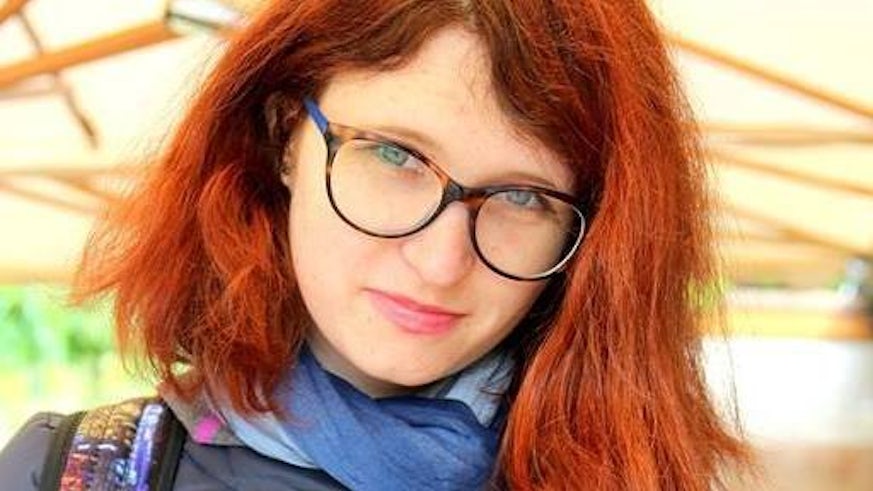CITER Undergraduate Summer Student Bursaries 2018
11 October 2018

CITER provides its members with financial support to develop new research ideas within the broad remit of tissue engineering, repair and rehabilitation. One of the bursaries is the Undergraduate Summer Student Bursary. This bursary consists of £200 per week, maximum of eight weeks (maximum total per student is £1600) and is available to CITER academic members only to support research projects carried out by undergraduate students over the summer period.
In 2017-2018 six undergraduate summer student bursaries were awarded and each selected student successfully completed their summer placement undertaking various research projects. Below highlights one of the research projects focused on drug delivery highlighting the impact of CITER funding contribution to translational research.
Professor Andrew Quantock in the school of Optometry and Vision Sciences was successful in receiving the bursary for Polina Ingulova in the school of Pharmacy and Pharmaceutical Sciences to undertake research in the laboratory working alongside Dr Charles Heard. Polina spent two months working on the development of soft slightly-mucoadhesive gelatin-based films, loaded with anti-bacterial drugs as a new ocular drug delivery system; the title of the research was "an investigation of novel gelatine-based soluble ocular drug delivery media". Gelatine is a natural, non-irritant, slightly mucoadhesive polymer that forms a soft transparent film at room temperature. These properties make gelatine a good candidate for a novel ocular drug delivery media.
The aim of this project was to establish the correct working formula for gelatine films loaded with anti-bacterial drugs. Drug release and drug penetration into the cornea were also determined. The films with 10% to 15% of gelatin with glycerol and PEG600 as plasticizers were loaded with metronidazole, chloramphenicol and chlorhexidine individually, and as a combination of metronidazole and chloramphenicol. We determined the levels of drugs released from the formulation using HPLC analysis. The films were then applied to porcine corneas of enucleated porcine eyes pre-wetted with PBS solution to determine corneal penetration. Corneas intended for chlorhexidine film application were also pre-exposed to β-cyclodextrin solution.
Polina's supervisor quoted:
"There is a need for more efficacious drug delivery options to target the eye. Polina worked on a new system based upon gelatin which is designed to dissolve after wearing overnight and deliver drugs into the cornea over that timescale. Luckily for us, Polina turned out to be a very talented student who succeeded in fabricating novel lens-type devices and evaluating them in vitro. Her pioneering work is being continued and we hope it will form the basis of new products in due course".
This opportunity proved to be very beneficial for Polina and she reported "during my time in the lab, I have gained and improved on a set of transferable skills, including independent decision making, time management and organisation skills. The environment in the laboratory was friendly, relax and intellectually stimulating. Any undergraduate student regardless of previous research experience, who is keen on obtaining a rewarding laboratory experience should definitely apply for a CITER Summer Project Programme".
The call for the Undergraduate Summer Student Bursaries 2019 will open on 15 November 2018, application deadline is 14 December 2018 at 16:00 and is open to CITER academic members only. Any undergraduate student interested in undertaking a summer placement in 2019 is encouraged to speak with members of the CITER Research Committee.